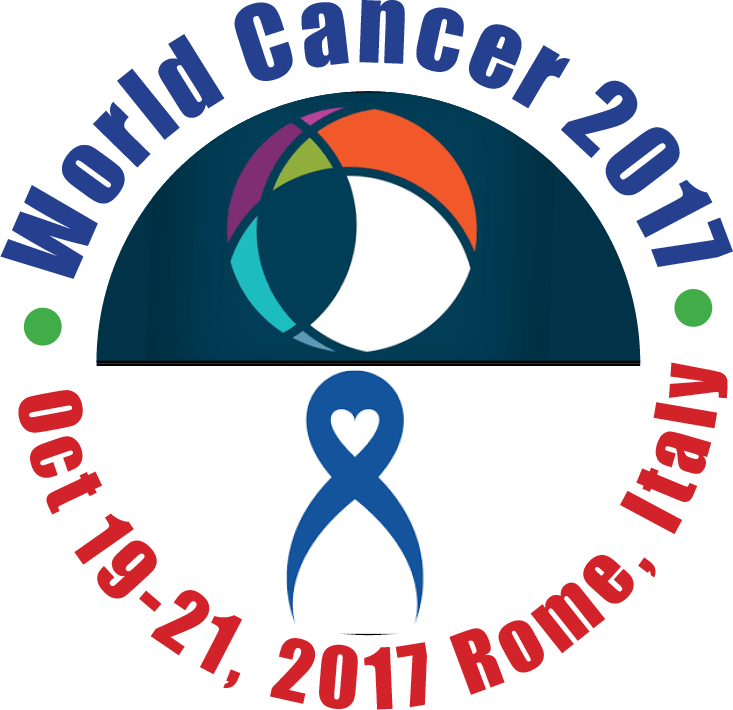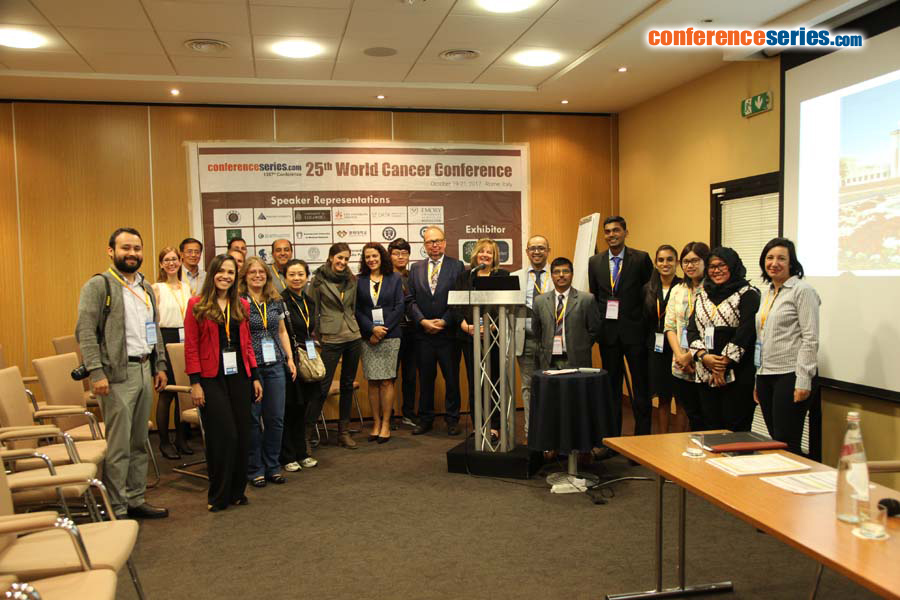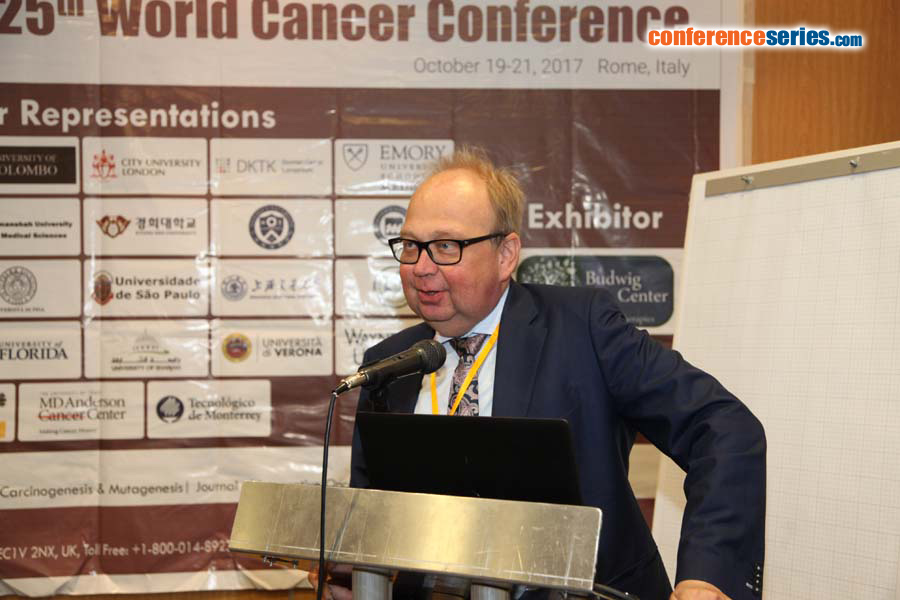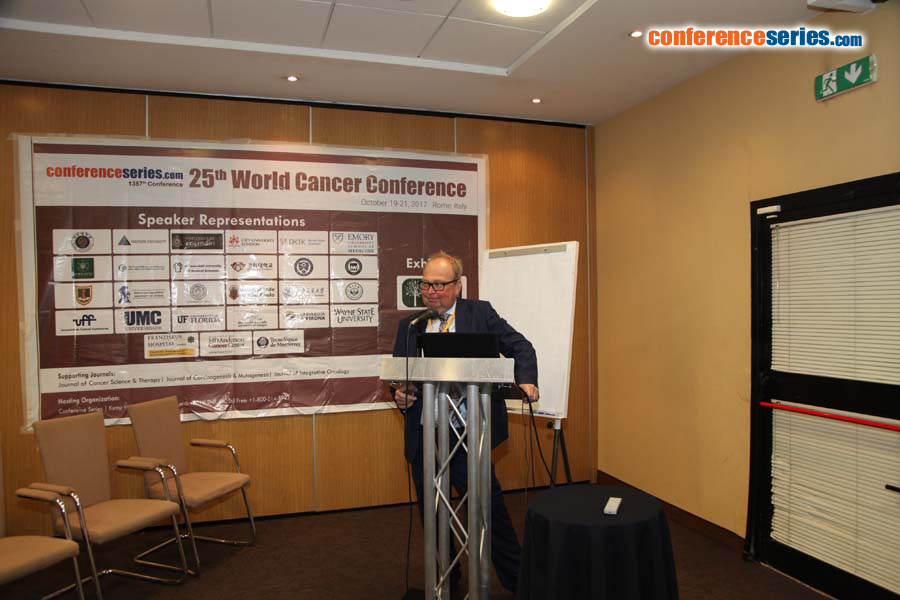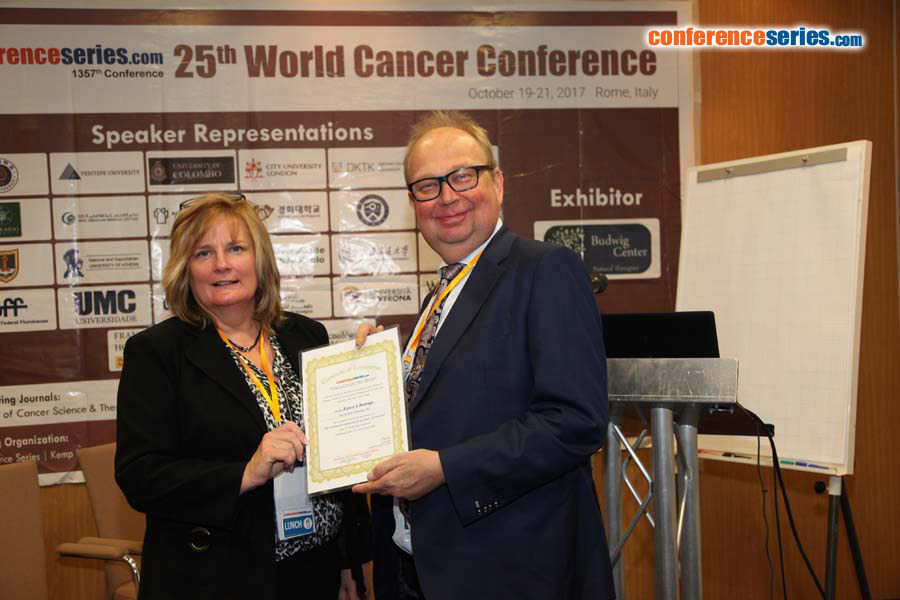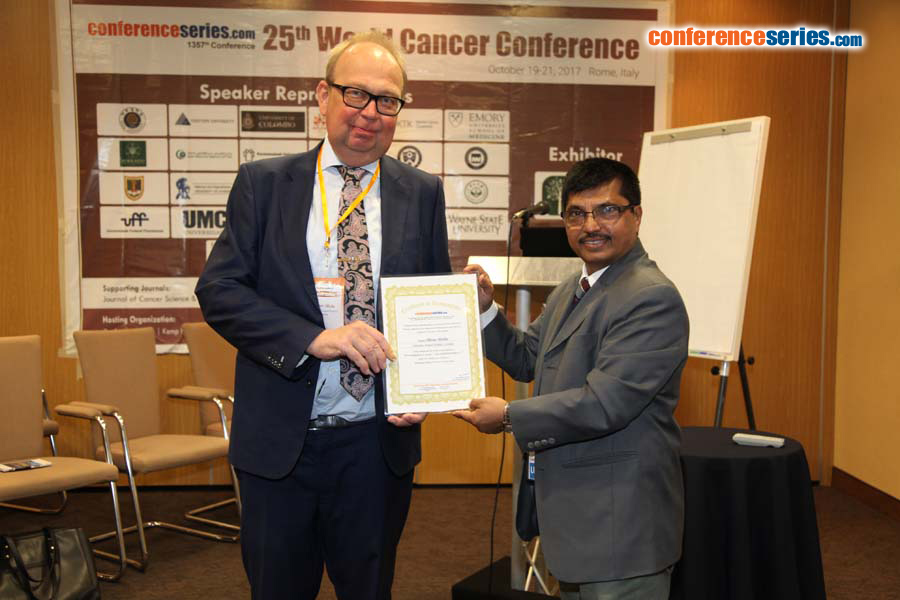
Biography
Biography: Oliver Micke
Abstract
Oncology had not paid much attention to the electrolyte magnesium so far. However, it plays an important role in numerous physiological and pathophysiological processes, e.g. in anti-cancerogenesis, regulation DNA- and RNA synthesis, mitosis, metastasis, nuclear repair mechanisms, and apoptosis. Therefore, magnesium definitely earns far more medical interest.In particular, in oncological therapies negatively influencing renal function, as cisplatinum, severe hypomagnesaemia can occur, as shown by own studies, which often requiring treatment. A new aspect arose from the introduction of the epidermal growth factor receptor (EGFR) antibodies cetuximab and panitumumab in the oncological therapy, particularly in colorectal cancers. These lead by an interaction with the transient receptor potential cation channel TRPM6 in the majority of patients to a clinical hypomagnesaemia and in up to 10% to 36% of cases to severe Grad III/IV hypomagnesaemia. Thereby, interestingly it appeared that there is a significant positive correlation between hypomagnesaemia clinical response to the antibody therapy as well as to a significantly better survival. The underlying mechanism is nearly unknown, but maybe similar factors, as we postulated in hypomagnesaemia and radiotherapy, for example the inhibition of DNA repair in tumor cells. Therefore, under special circumstances a low magnesium level may be more useful for tumor patients. Another new and exciting aspect of magnesium is the treatment of hot flashes due to hormonal deprivation therapy. Magnesium is known for its neuro- and vasoactive effects. Even though there are uncountable hints in the internet on the treatment of hot flashes with magnesium – the digital search engine Google alone yields more than 253,000 hits -, only two smaller scientific studies on this topic have been carried out so
far. So far, there are only some small clinical studies and few case reports on this topic. In an own pilot study with six patients suffering from breast cancer and hot flashes under hormonal deprivation were treated with 300 to 600 mg magnesium orally over 4 to 6 weeks. In 5/6 (83%) of patients a marked improvement of symptoms was observed. Thereby the strength as well as the frequency of hot flashes was alleviated significantly. As side effects, only in one case stronger diarrhoea was observed. The exact biological mechanism of magnesium action is not yet elucidated. Recent studies from literature support our findings. In the light of the recent study data, magnesium remains a highly interesting ion for oncology, whose different facets should be more and more enlightened.
